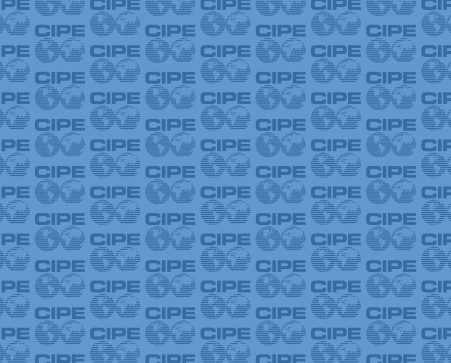
Much has been said about the BRIC economies – Brazil, Russia, India, and China – the group that is slowly but surely assuming a prominent position in global markets, making the old debate about the first and third world obsolete. But is there a new BRIC on the horizon?
According to Ngozi Okonjo-Iweala, Managing Director of the World Bank – its Africa. In her his recent speech at Harvard’s Kennedy School, she argues that Africa is set to join BRICs as the dominant force in the global economy. For that to happen, according to Okonjo-Iweala three things are necessary:
- Big push on infrastructure – the argument is that all Sub-Saharan Africa needs is only $100 billion per year to bring its infrastructure up to the sufficient level for broad-based development. This sum could be raised through regional bonds, rather than aid.
- Managing volatility – this argument focuses on mitigating the impact of external shocks (such as the global financial crisis) and lowering the costs of aid volatility
- Skills and knowledge – education and work skills are necessary for creating a workforce that can keep up with modern demands.
To me, these are all important propositions, but they are not enough. How about a greater focus on creating sound market economy institutions? At the end of the day, bad perceptions of Africa do contribute to low levels of investment, but they are not the only reason. There must be something else there that discourages investment and development – and it has much to do with institutions.
Consider the findings of a recent Global Financial Integrity Report – African countries lose more money to illegal outflows than any others:
Nigeria lost more money through illegal outflows than any country in the world during the period [1970-2008]. The top five countries are Nigeria ($89.5 billion) Egypt ($70.5 billion), Algeria ($25.7 billion), Morocco ($25 billion), and South Africa ($24.9 billion). In total, Africa lost $854 billion in illegal financial outflows.
The report paints a grim picture of the looting of resources and estimated that developing countries are losing as much as $1 trillion every year.
Even more strikingly:
The report said illegal financial outflows from the entire region outpaced official development assistance at a ratio of at least two to one.
Which means that for every $1 of development assistance (most of which goes to governments) $2 is being taken out of African countries, primarily by government officials.
So yes, infrastructure, education, and stability are all important – but they will not yield the results necessary for Africa to really take a leap forward until the governance institutions are fixed; until its own governments cease undermining development opportunities, stifling the private sector, and looting public resources.
Published Date: June 02, 2010